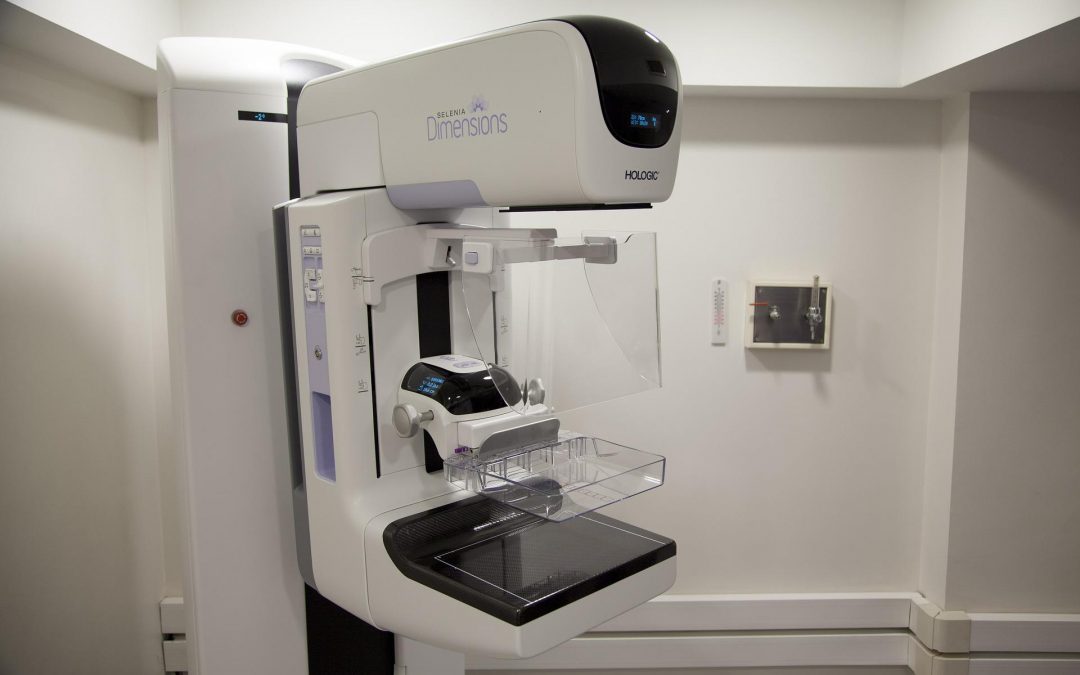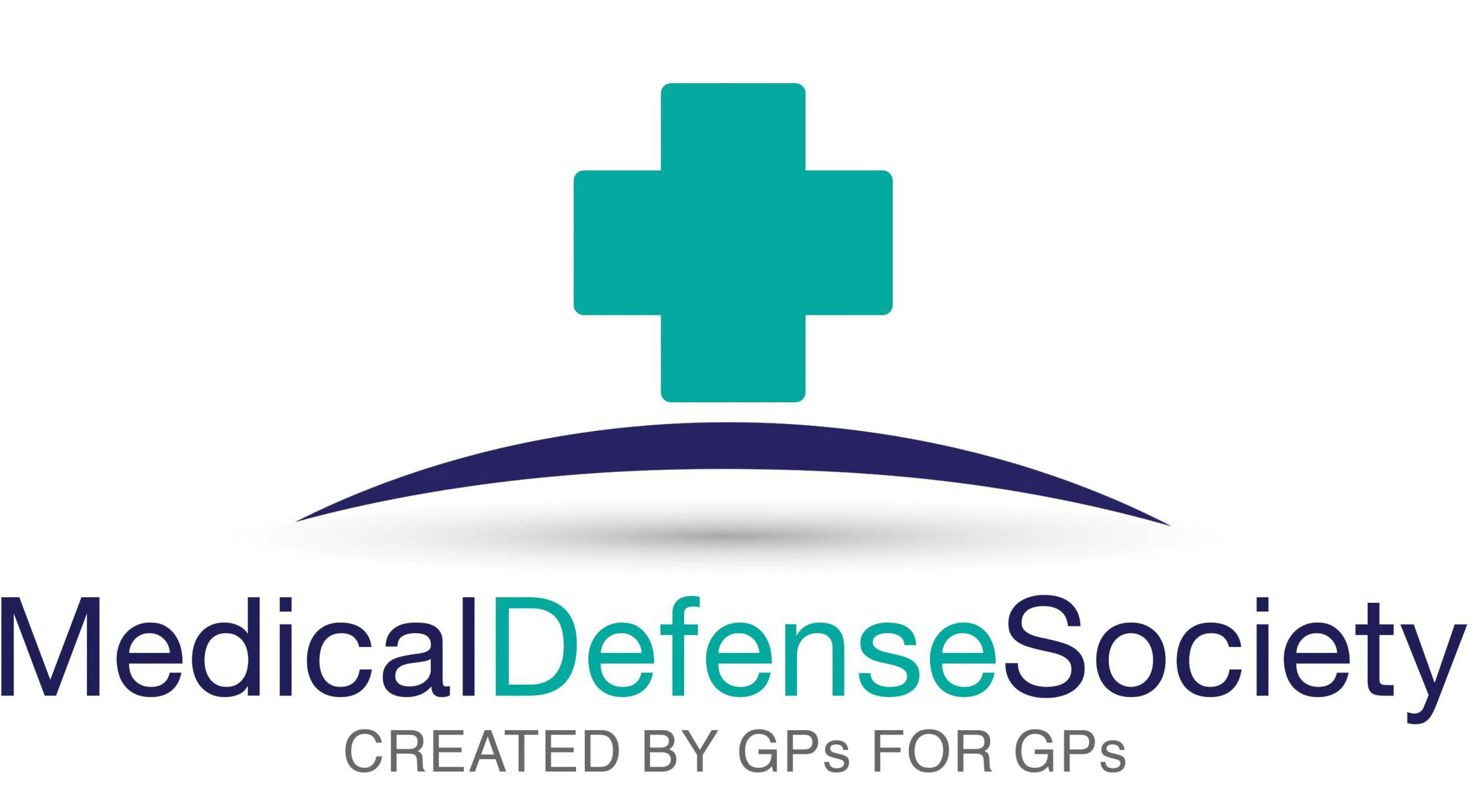
Dealing with the backlog of cancer care
The COVID-19 pandemic has had devastating consequences for cancer care. Key targets for early diagnosis and treatment are being missed and experts warn that gains in cancer survival will be reversed without significant progress to clear the backlog.
Specialist oncology services are under pressure, dealing with huge patient demand but hampered by ongoing infection prevention and control measures as well as workforce shortages. These problems in turn impact on GPs, who continue caring for patients left waiting for referrals and treatment.
GPs fear that their patients will be harmed by long waits for cancer care. They also know that this raises the likelihood of complaints and claims related to delays in referrals, diagnoses and treatment. This article looks at strategies to clear the backlog and minimise the risks.
Impact of the pandemic on patients with cancer
The pandemic has had a serious impact on the physical and mental health of people with cancer. Many have experienced disruption to their healthcare, with delays in referrals, diagnoses and ongoing treatment. Others have not yet come forward with their symptoms because of fears around infection or concerns about burdening the over-stretched NHS.
As the cancer services backlog continues to grow, key targets are being missed. While a record 2.7 million patients were referred for cancer checks in the 12 months to May, the proportion seen by a specialist consultant within two weeks of urgent referral for suspected cancer remains below the 93% target. Too many patients are still waiting over two months for their first treatment after initial screening.
National efforts to improve early cancer diagnosis
Organisations like the British Medical Association, Royal College of GPs and Macmillan have been calling on the government to provide additional resources to reduce the backlog and achieve the NHS Long Term Plan to diagnose 75% of cancers at stage 1 or 2 by 2028.
In efforts to support early diagnosis and reduce waiting times in the NHS, around £2.3 billion will be invested in diagnostics and £1.5 billion in treatment. Additional services such as one-stop shops for tests, mobile clinics and symptom hotlines have already been set up. Following the success of roaming lung trucks that have delivered scans in the community and led to hundreds of cancers being detected earlier, mobile liver trucks will now offer scans for people at risk of liver cancer.
Also announced is a new pilot scheme in England, which will fund pharmacists to refer customers for scans and checks if they have possible signs of cancer, including a persistent cough for three weeks or more, difficulty swallowing or blood in their urine.
A targeted programme will also be launched to offer genetic testing to people with Jewish heritage who are at higher risk of BRCA mutations, aiming to improve cancer surveillance and prevention.
Michelle Mitchell, chief executive of Cancer Research UK, said: “We’re pleased to see investment in innovative models of care, such as referrals from community pharmacy teams and mobile scanners. By changing the way people engage with the health service, we have the potential to help diagnose more cancers at an earlier, more treatable stage. We look forward to seeing how these efforts will support the NHS’s ambitious early diagnosis targets”.
Strategies to minimise complaints about cancer care
Increasing dissatisfaction with cancer care is raising the risk of complaints and claims against GPs, even if many delays stem from unavoidable systemic issues, such as limited capacity in secondary care. Common complaints concern the use of remote consultations and referral delays. How can GPs reduce the risk of receiving such a complaint?
Reducing risk in remote consultations
In the absence of visual cues and physical examination, remote consultations present a risk of missed or delayed cancer diagnoses, with potential for harm to patients and subsequent medico-legal action. To ensure any risk is minimised, GPs should:
- Follow standards for good practice in both remote and face-to-face consultations.
- Consider whether remote assessment is appropriate. Check GMC’s flow chart to help decide.
- Agree on an acceptable consultation method with the patient.
- Check whether the patient called about the same condition before. Is a physical examination now needed?
- Check for red flags and have a low threshold for arranging a face-to-face appointment to exclude a serious diagnosis.
- Give the patient clear directions and expectations, provide safety netting advice and ensure that they understand the next steps.
- Document the assessment, decision-making and any advice or instructions given.
- Remember GMC’s remote consultationguidance:
- Follow guidance on consent and good practice in prescribing
- Work within your competence
- Check you have adequate indemnity cover for your remote consultation activities
- Discuss this element of your practice with your responsible officer at appraisal.
Avoiding referral delays
Delayed referrals for suspected cancer may hinder early diagnosis and treatment, leading to poorer prognoses. Often, delays are caused by the backlog in secondary cancer care rather than by the GP service. However, GPs can act to reduce the risk of serious delays:
- Follow referral guidelines.
- Consider discussing symptoms and signs with a specialist if there is uncertainty about whether a referral is needed.
- Explain to the patient the reason for their referral to a cancer service, whether they have an urgent or routine referral and how long they should expect to wait.
- Include all relevant clinical details in the referral and make it clear whether the referral is urgent or non-urgent.
- Advise patients about who to contact if symptoms worsen or if they do not receive confirmation of an appointment within the time expected.
- Raise concern if a patient is at risk because of delays and make a record of this.
Enhancing practice in early cancer diagnosis
Primary care professionals play a central role in early cancer diagnosis, so GPs should ensure they know how to deliver best practice in recognising and referring for suspected cancer. Helpfully, the Network Contract Directed Enhanced Service – Early Cancer Diagnosis Guidance provides links to a wealth of resources to support primary care teams. These include:
- NICE Guideline 12, Suspected cancer: recognition and referral.
- CRUK GP contract hub: Information, tools and guidance on best practice in prevention and early diagnosis.
- Macmillan GP resources: Toolkits, guidance and online training modules.
- Gateway C: Cancer education platform for primary care professionals, including CancerMaps.
We encourage GPs to seek advice early if they are aware of a potential complaint or claim regarding cancer care. Members can contact us at Medical Defense Society for expert medico-legal support

Recent Comments